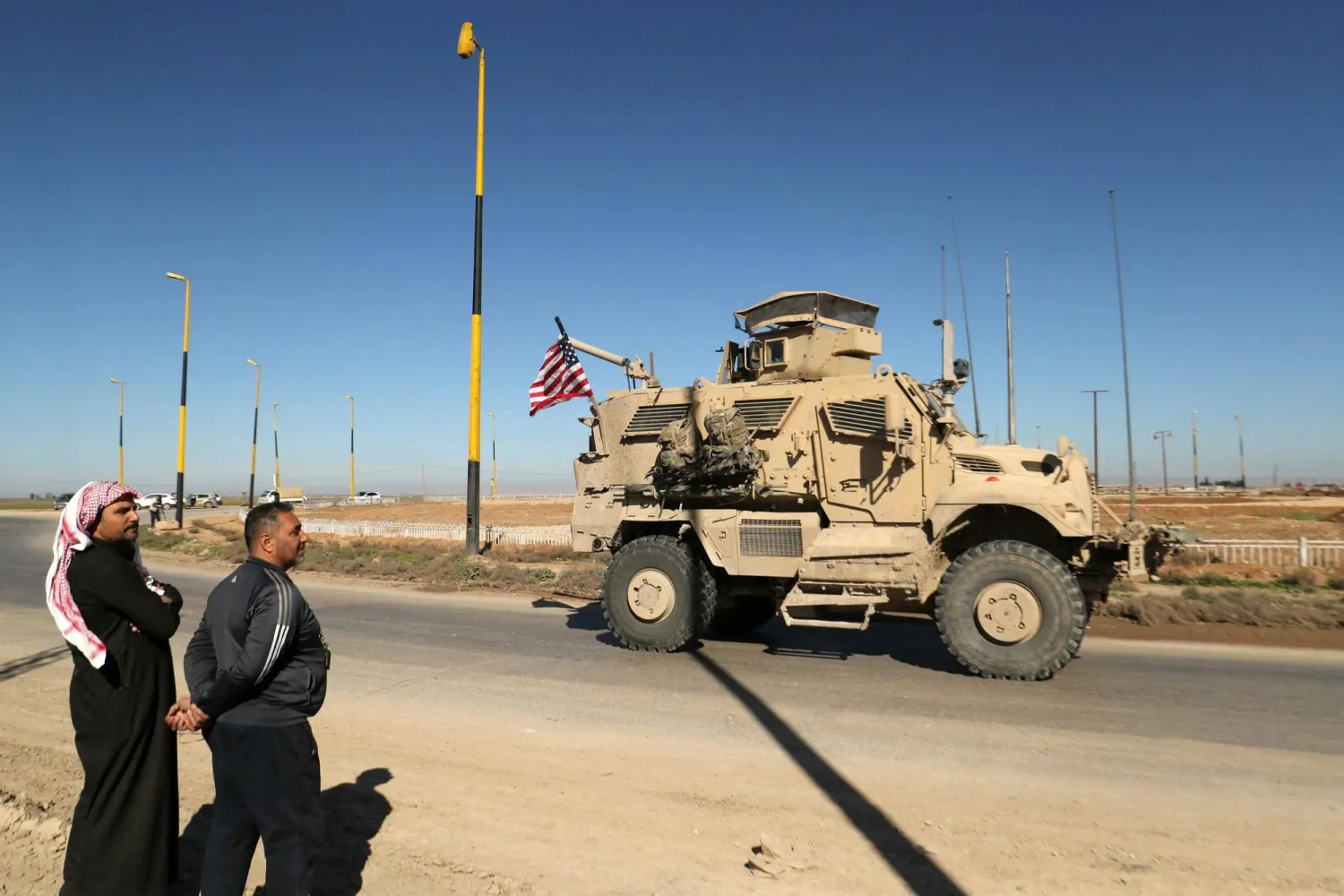Hundreds of supporters of the Sadrist movement and some armed factions in Iraq held protests near the Iraqi-Jordanian border over the Israeli escalation in Gaza.
Head of the Sadrist movement, influential cleric Moqtada al-Sadr had called for supporters to rally in locations as close to Israel as possible.
Iraq does not share a border with Israel, but that did not stop the loyalists and backers of pro-Iran factions from heading to the Iraqi-Jordanian border, hoping that the Traibeel crossing would be opened so that they can be allowed passage to the kingdom’s border with Israel.
Jordan is unlikely to open the crossing. The Iraqi government has also not issued a statement regarding the movement of the Sadrists and supporters of the factions.
The protesters did set up tents near the border. It remains to be seen if that will impact relations between Baghdad and Amman.
The protesters said they would remain there until the Israeli siege is lifted off Gaza.
On Thursday, Sadr had called on “Islamic and Arab peoples and all lovers of peace to rally peacefully”. He called for protests to be held along the borders with Israel in neighboring countries Syria, Egypt, Lebanon and Jordan.
He urged them to remain there until the siege is lifted and humanitarian aid is delivered to the Palestinians.
The call attracted the Sadrists, as well as the pro-Iran factions that are Sadr’s political rivals.









